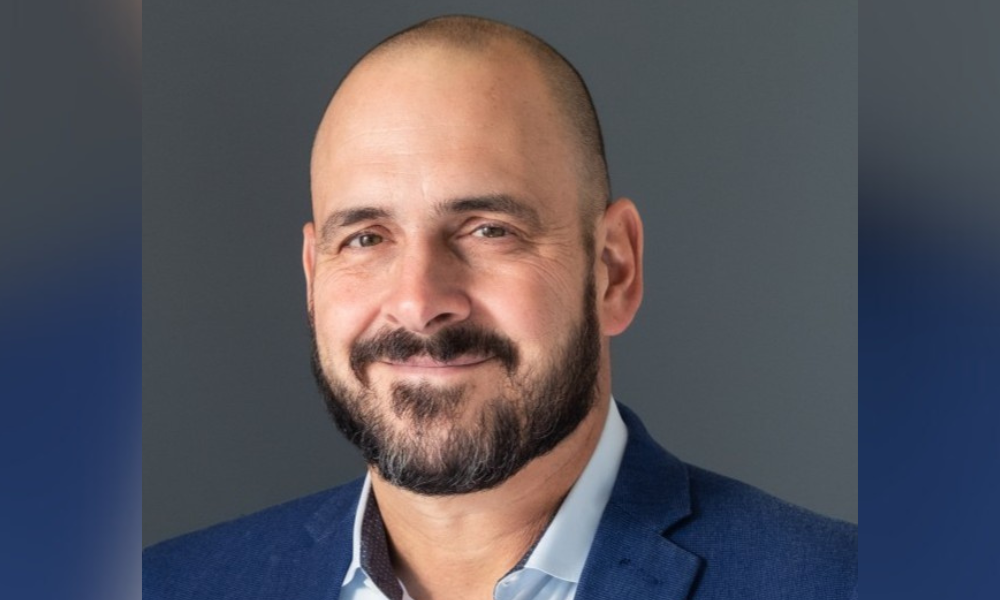Co-founder explains a dealer model that flips the traditional industry logic on its head

Michael Konopaski doesn’t want his business to scale. The co-founder & director at Designed Wealth Management has helped build a dealer that intentionally runs contrary to the models other advisory firms have built. He explains that his firm’s guiding principle is to put advisors and their clients first.
They try to achieve that aim by inserting themselves as rarely as possible into their advisors’ working lives. They don’t focus on additional layers of compliance and rules, that are needed to pursue mass scale. They merely apply what CIRO sets and focus on growth by treating each advisor with individual attention, instead of pushing all advisors into one type of model. They don’t trumpet their branding across retail channels, they leave it to their advisors to build their own brands. They don’t publish communications and commentaries on economic or market trends, they let their advisors share their own views instead — all within the bounds of CIRO regulations. It’s a model that seems to maximize advisor freedom, at the cost of the dealer’s ability to scale.
“We don’t scale, we customize,” Konopaski says. “The only reason you scale [as a dealer] is to make more money. But you must ask yourself, is the advisor better off if we scale? Are their clients better off? We go through that filter on every decision. The point of scaling is to increase your revenue without increasing your costs. We don’t do that. When we recruit new advisors, we add more staff.”
“When you care about your advisor first, you cannot care about chasing extra profits. You’ve got to pay your staff well, invest in your platform, have money for developing the business, and understand your breakeven points, etc., but you can’t be focused on the gravy.”
Konopaski says that firms choosing scale ignore the advisor’s history and personal relationship with their clients. It leads to client confusion and in many cases, advisors must come up with ways to adjust or work around procedure to maintain the “client first” outcome they pursue.
Konopaski typifies traditional dealer models as putting shareholders first, management second, and works down the chain to advisors and their clients. He says this is most often the case when dealers are subsidiaries of mutual fund companies or private equity firms. He argues that a dealer model based on scaling up to increase dealer profitability runs contrary to a model that serves advisor and client’s interests first.
When asked for comment on the firm’s advisor first mentality, Designed co-founder Gillian Kunza said “This isn’t a numbers game for us. We’re trying to embody the basis of this industry in its simplest form. Clients need to be first, and their advisors can only do that when they are provided the right customization and support. Scaling has everything to do the dealer, not the advisor, and certainly not the client.”
Designed can take this approach because they are fully independent. Konopaski and Kunza started the firm after the sale of Aligned Capital Partners, a firm Konopaski also co-founded. They started Designed with the goal of maintaining independence and facilitating better outcomes for advisors & clients. One goal being to emulate the US Registered Investment Advisor (RIA) model, where advisors have more flexibility in running their practice.
Designed does so by staying out of their advisors’ way as much as possible. They don’t set additional rules for advisors beyond what CIRO mandates, unless there is something unique about an advisor’s practice that requires more service, compliance, or customization. And even then, additional policies are only used to support that one advisors practice – not applied to all advisors. They don’t impose any communication restrictions on their advisors beyond the SRO rules either. They also don’t publicly comment on market trends or economic outlooks, meaning when their advisors share a forthright view on an issue relevant to their clients or their work, they aren’t contradicting head office. They seek instead for advisors to best represent the industry, use fair views and well sourced information when making comments rather than pushing for advisors to tow the dealer line.
Because Designed stays so aggressively in their own lane, they can limit the size of their head office. Konopaski explains that they can keep a lean team able to enforce mandatory regulations and facilitate their advisors’ businesses without adding on dozens of additional compliance staff. All staff are doing meaningful work that is designed to specifically support the advisors needs, not head office needs. For example, they don’t employ spokespeople or economists to publish market outlooks or commentaries.
“They’ve got guys making seven figures to talk about this [stuff],” Konopaski says, which increases the costs downloaded to both advisors and clients. “We just don’t do that; we lay in the weeds, and we let the advisor run their practice.”
Because they don’t make a public show of their insights or outlooks, Konopaski accepts that Designed does not build the same public brand recognition as other dealers. He says that’s intentional, however. He wants Designed to become a recognized brand among advisors, but he doesn’t want Designed’s brand to overpower the brand of their individual advisors in the minds of their clients. Konopaski wants to ensure that Designed maintains a strong reputation within the industry, but sees it as the advisor’s job to build their own reputation among individual investors.
The model Designed seems to have built appears unique, and a bit iconoclastic. Konopaski believes that its one other dealers should try to emulate, but he doesn’t expect anybody will.
“Of course we would want other dealers to take our example, because we believe that if you follow what we propose your advisors and their clients will be better off,” Konopaski says. “Having said that, it’s never going to happen, because you have publicly traded companies, financial giant conglomerates, and fund companies that can’t put the advisor first.”



